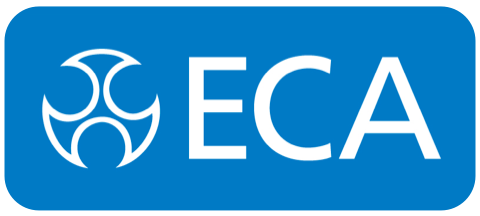
The increased spotlight on mental health post lockdowns has provided a renewed focus for the Construction and Engineering Services Sectors to review current inadequate approaches to workforce mental health and wellbeing.
The World Health Organisation highlights the importance of employers fostering good mental health, describing it as a “state of well-being in which an individual realises his or her own abilities, can cope with the normal stresses of life, can work productively, and is able to make a contribution to his or her community.”
A study by the Office for National Statistics (2017) highlighted the scale of the problem in Construction detailing the risk of suicide among low-skilled male workers being three times higher than the male national average. For males working in skilled trades, the highest risk was among building finishing trades; particularly, plasterers and painters and decorators who had more than double the risk of suicide than the male national average. Electricians have seen a marginal increase in yearly suicide rates, yet it remains one of the lowest risks of the skilled trades.
A survey of building workers by the Chartered Institute of Building (2020) found that 26% of construction workers had experienced suicidal thoughts; 97% had experienced stress over the past year.
These statistics were the foundation for recently commissioned research from the CITB, Mental Health And Construction: A Consistent Approach, which confirmed the scale of the mental health challenge facing construction.
The CITB report provides a high-level summary of the cultural factors contributing to poor mental health as working away from home and frequent travelling, occupational stressors, heavy workloads and long hours and job insecurity.
The report acknowledges the existence of good industry initiatives available through industry bodies, employers, and charities. However, evidence of the impact of these services is limited.
The report therefore calls for stronger leadership on mental health from the CLC (Construction Leadership Council). The aims of this approach are to coordinate best practice and networking opportunities, provide a centralised platform for information and support, promote ongoing work, review the needs of smaller firms, promote awards to highlight best practice and create an authoritative dashboard and I have been invited to sit on the working group.
Whatever happens with these plans to coordinate and centralise support, it is important that organisations continue to manage and take direct responsibility for the mental health of their employees.
The support available to ECA members and their employees include:
- BUPA health insurance. If you provide medical insurance for your employees then cover for mental health conditions may be included. If you do not provide private medical insurance and would like to find out more about how a policy can help you and your employees, you can contact ECIS at ecis@ecins.co.uk or visit www.ecins.co.uk.
- Paul Williams, ECA Health & Safety Manager provides discounted Mental Health First Aid training with the first face to face course post lockdowns planned for October 2021. To find out more about this please email Paul.Williams@eca.co.uk
- Webinar, Coronavirus: Mental Health and Wellbeing presented by Vickie Leslie, ECIS, client relationship manager and Paul Williams, ECA Health and Safety Manager provides some insight into what constitutes mental health, the importance of supporting your and your team’s mental health, with some useful insight and practical tips. A recording of the webinar can be accessed here: Coronavirus: Mental Health and Wellbeing
- Support is also available for employees who are or have worked in the Energy and Electrical industries through the Electrical Industries Charity This includes non-means tested counselling and mental health support (capped at 4 – 6 sessions).
If you have any questions on workplace mental health, please contact the ECA Employee Relations Advisory Service at employeerelations@eca.co.uk or 020 7313 4800.
